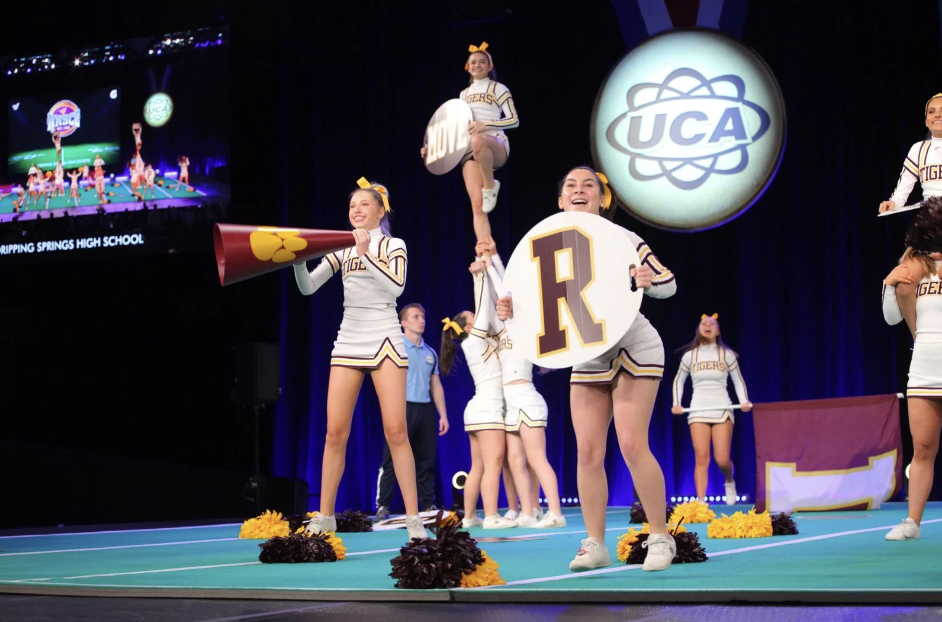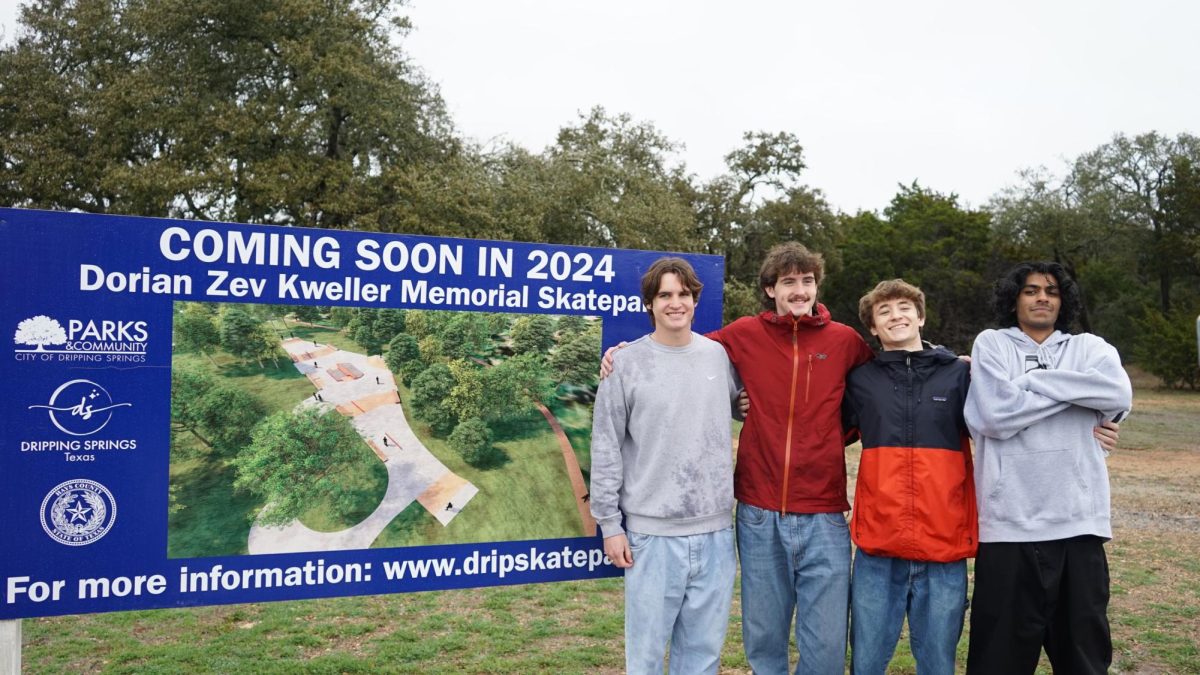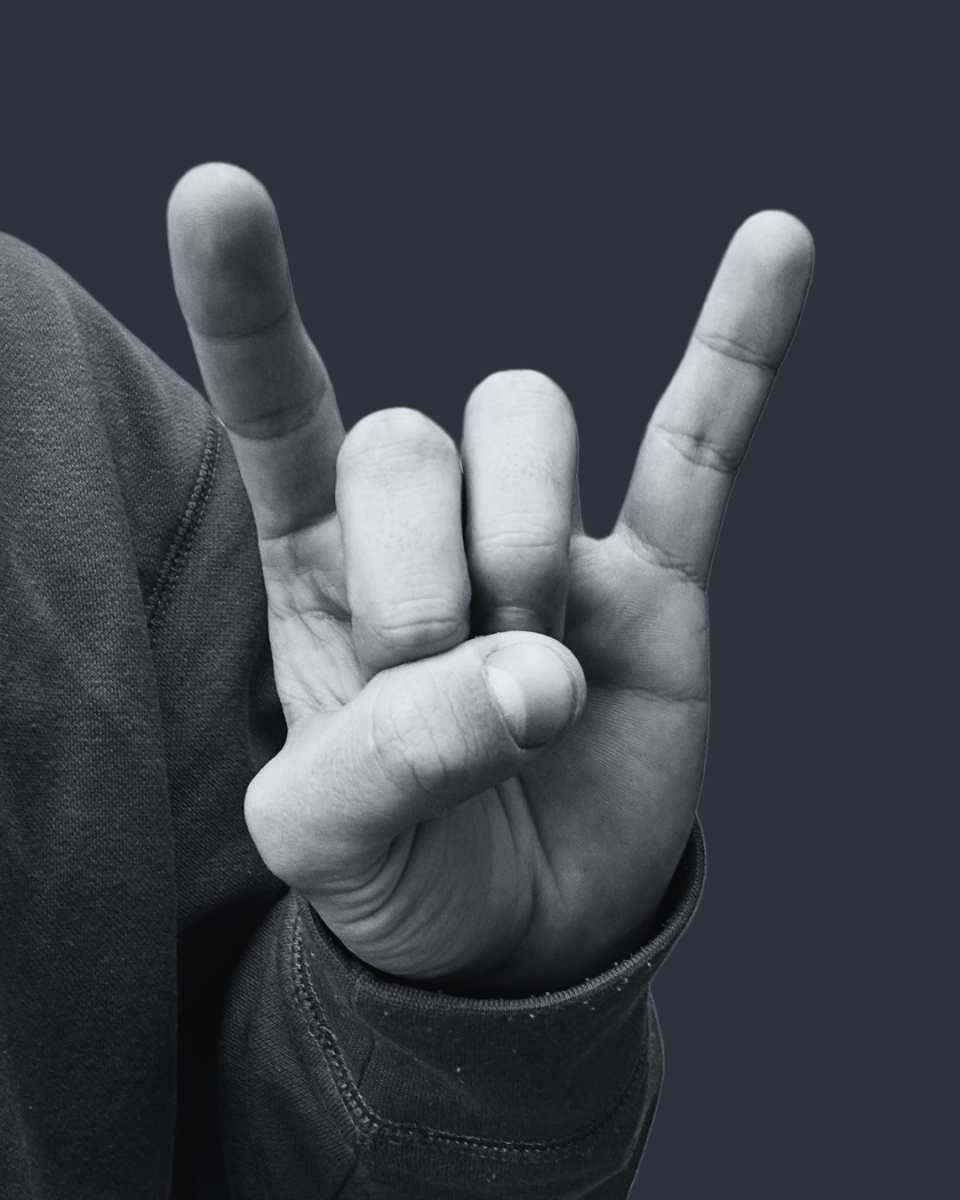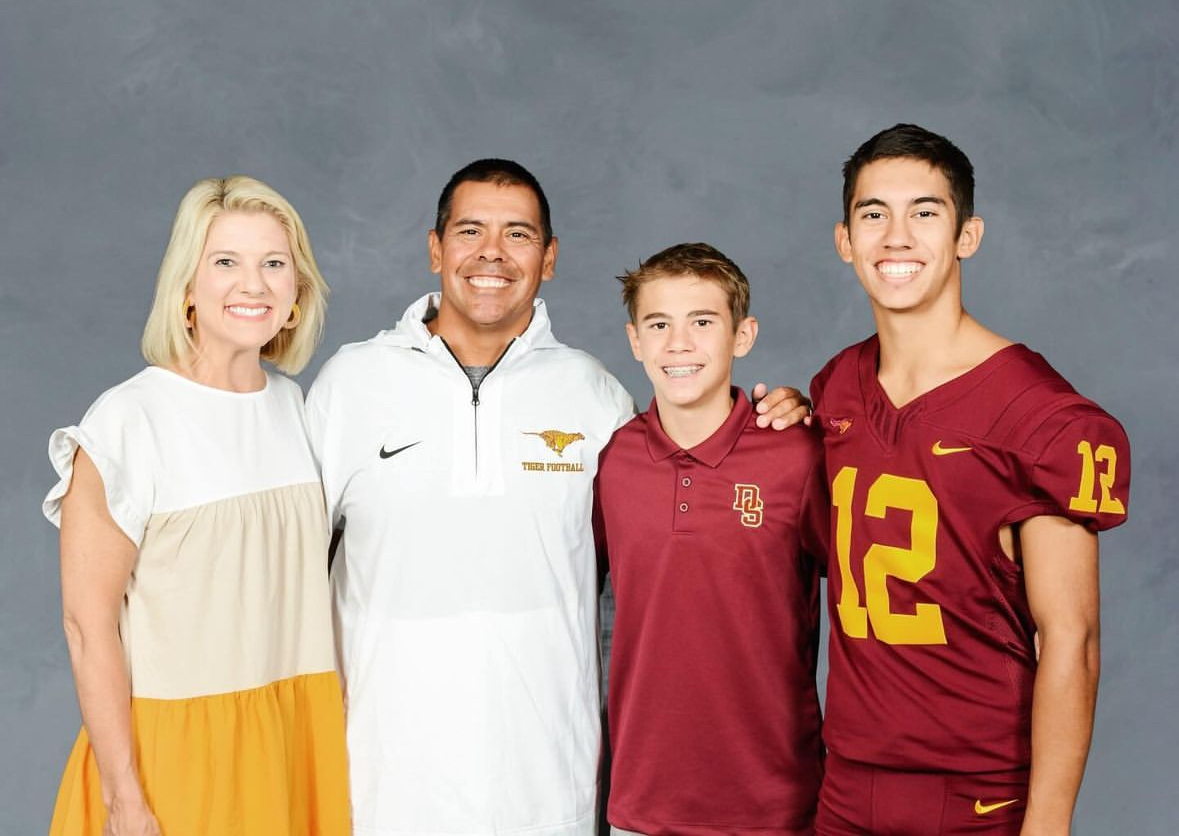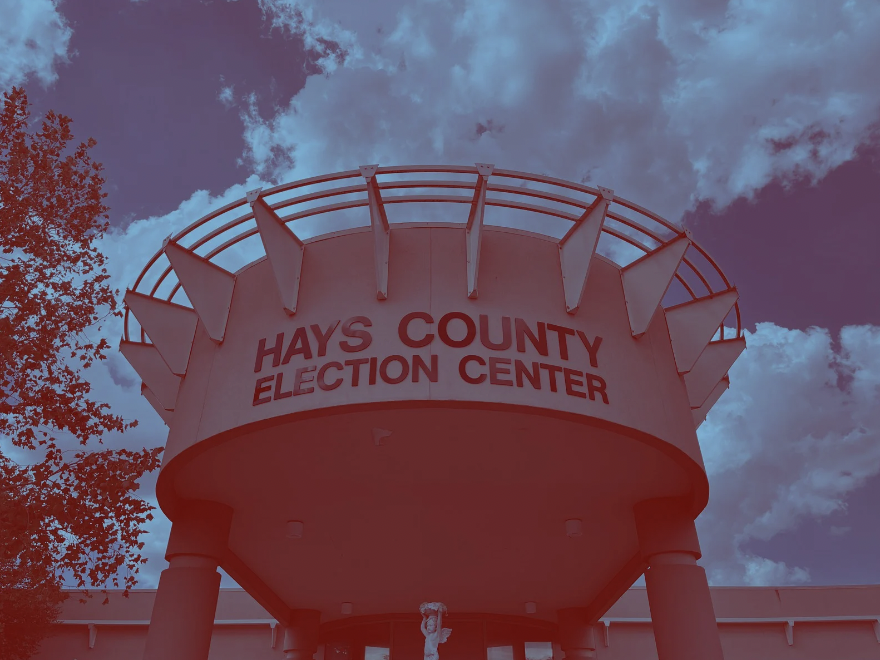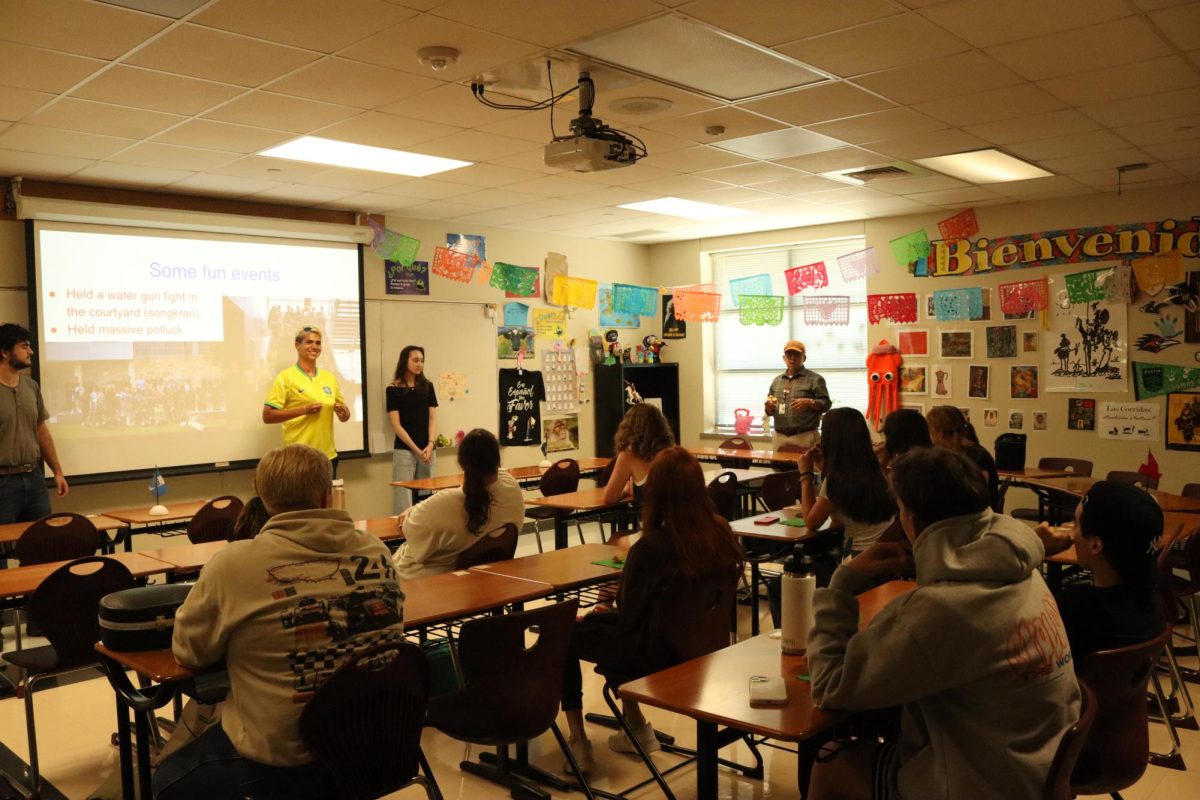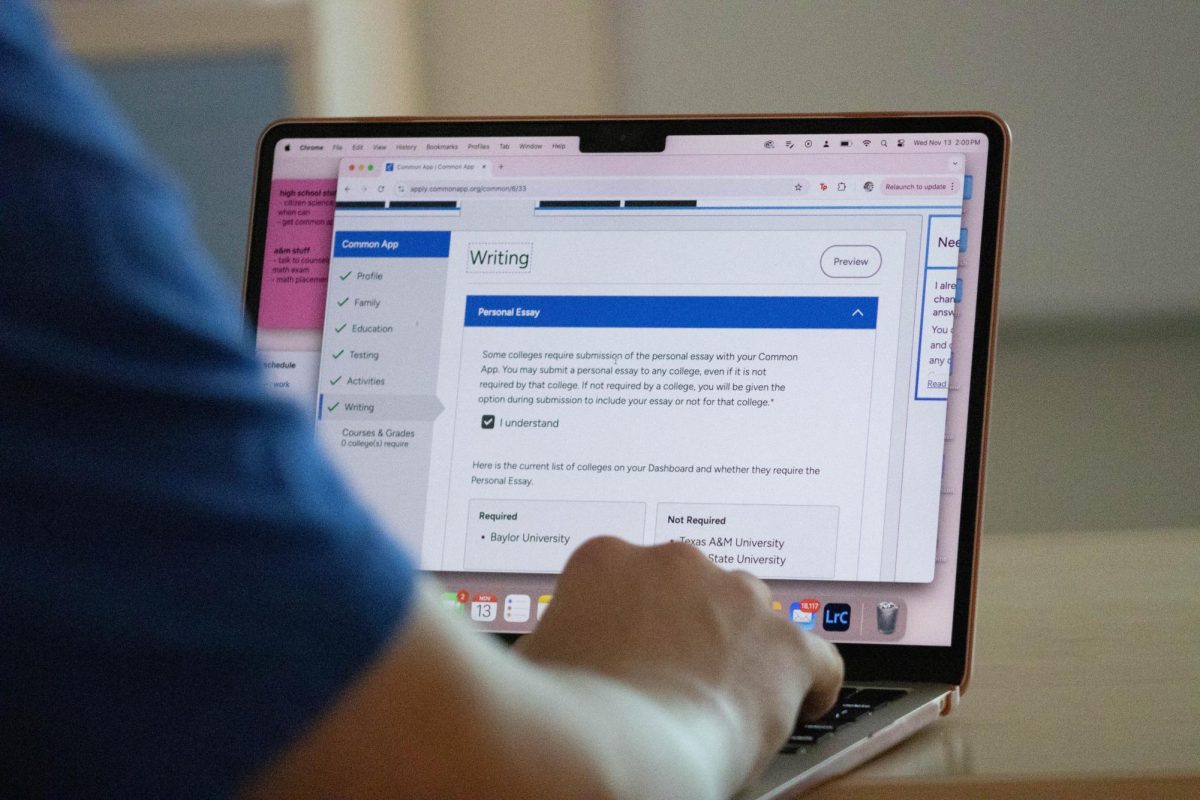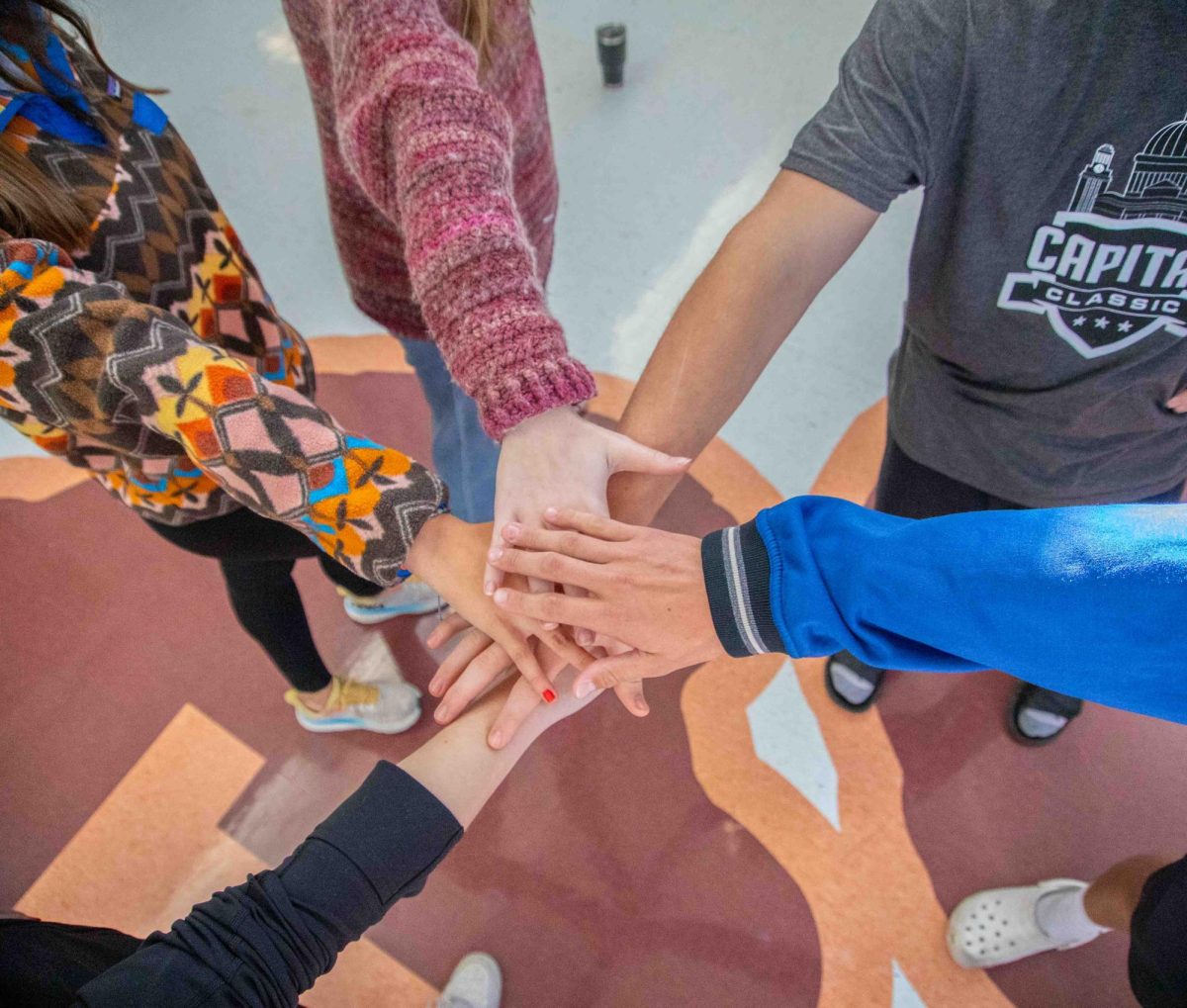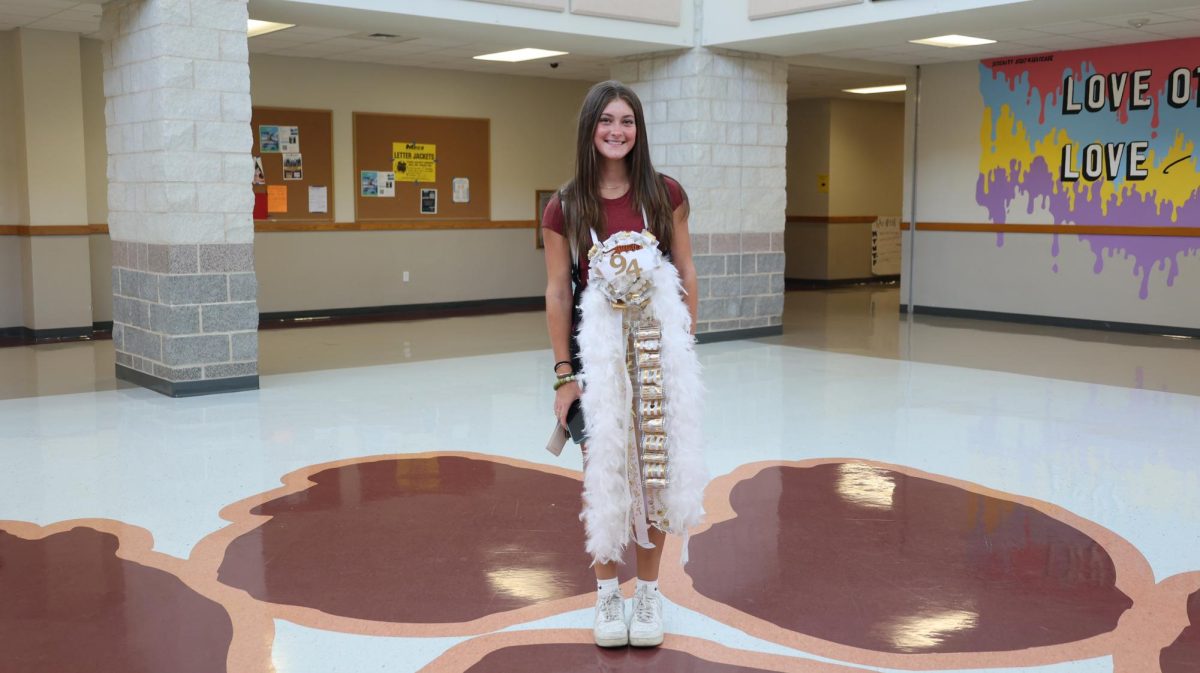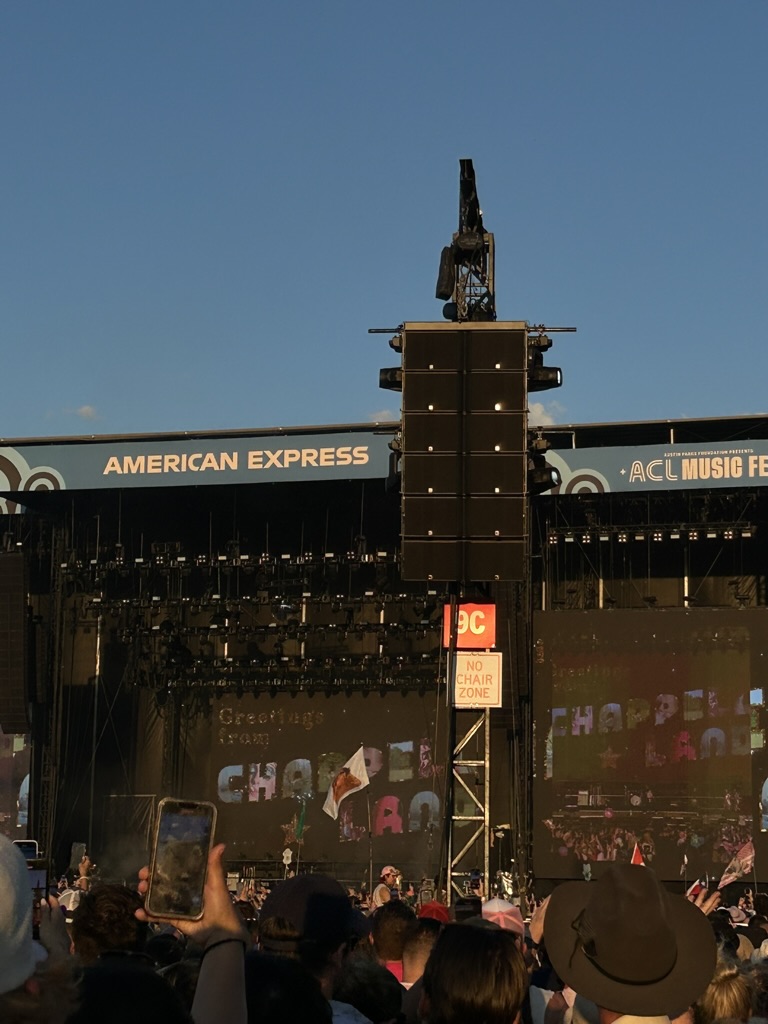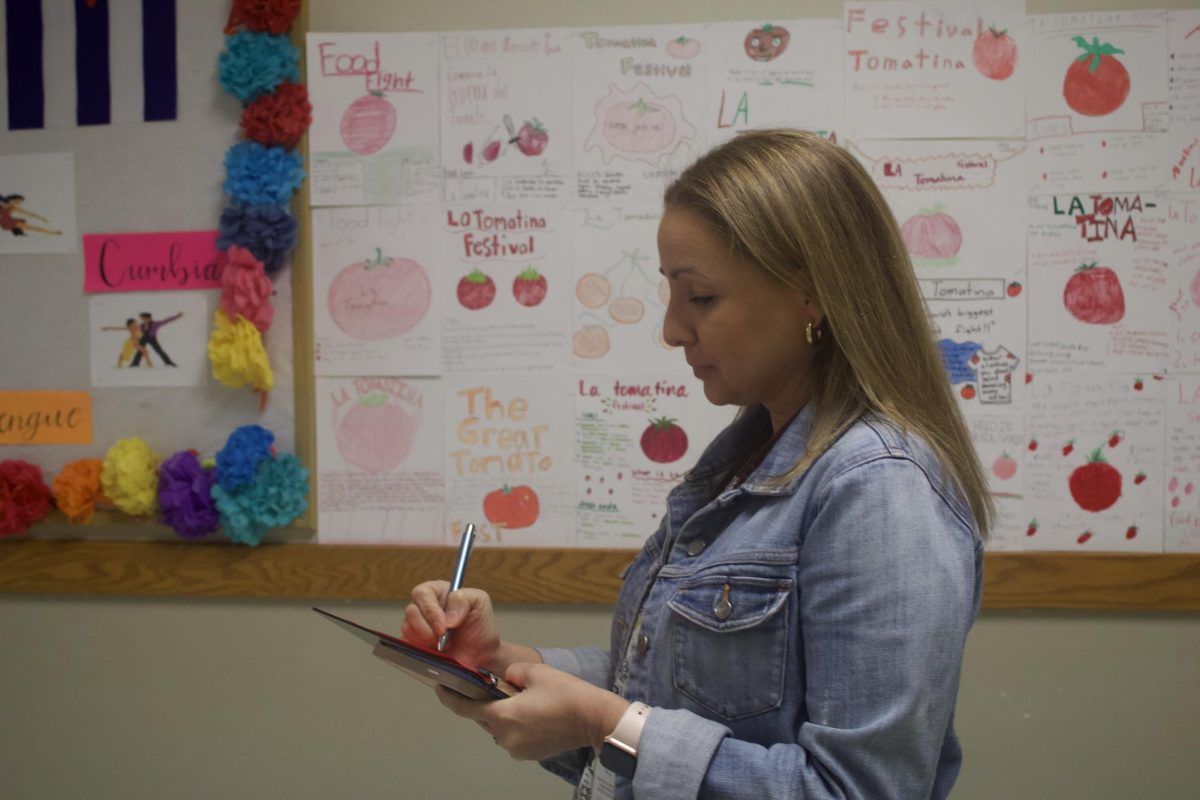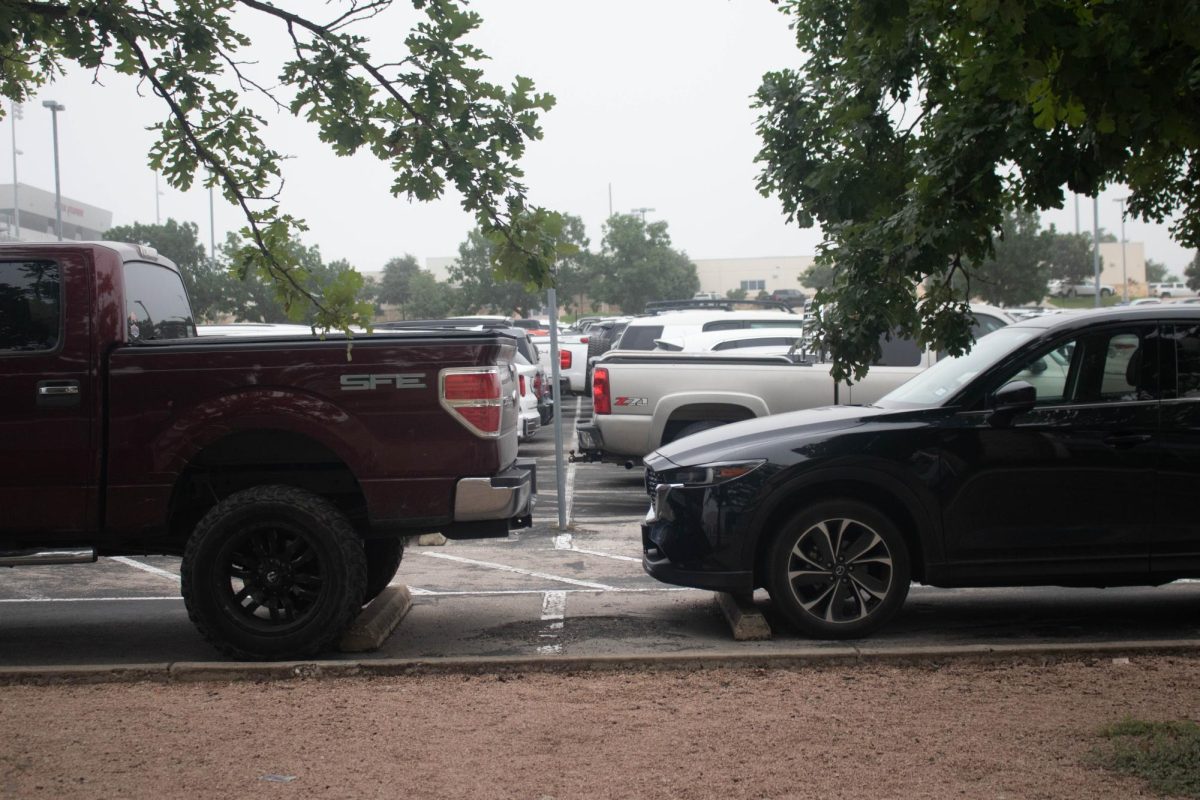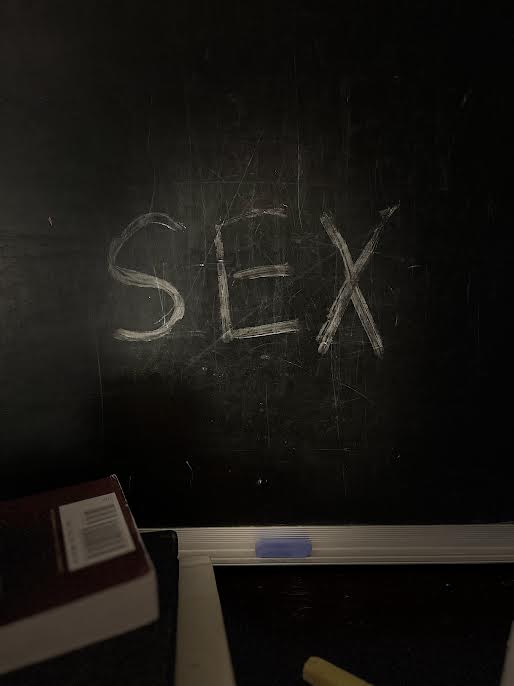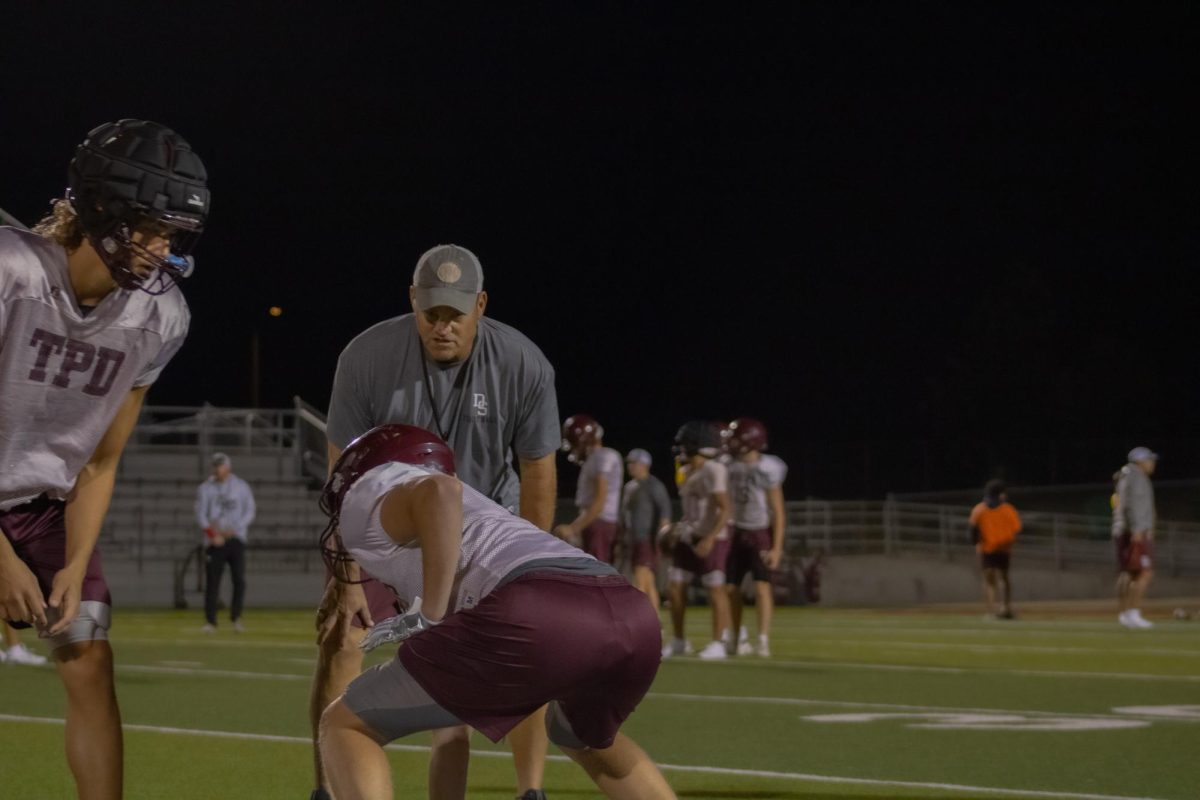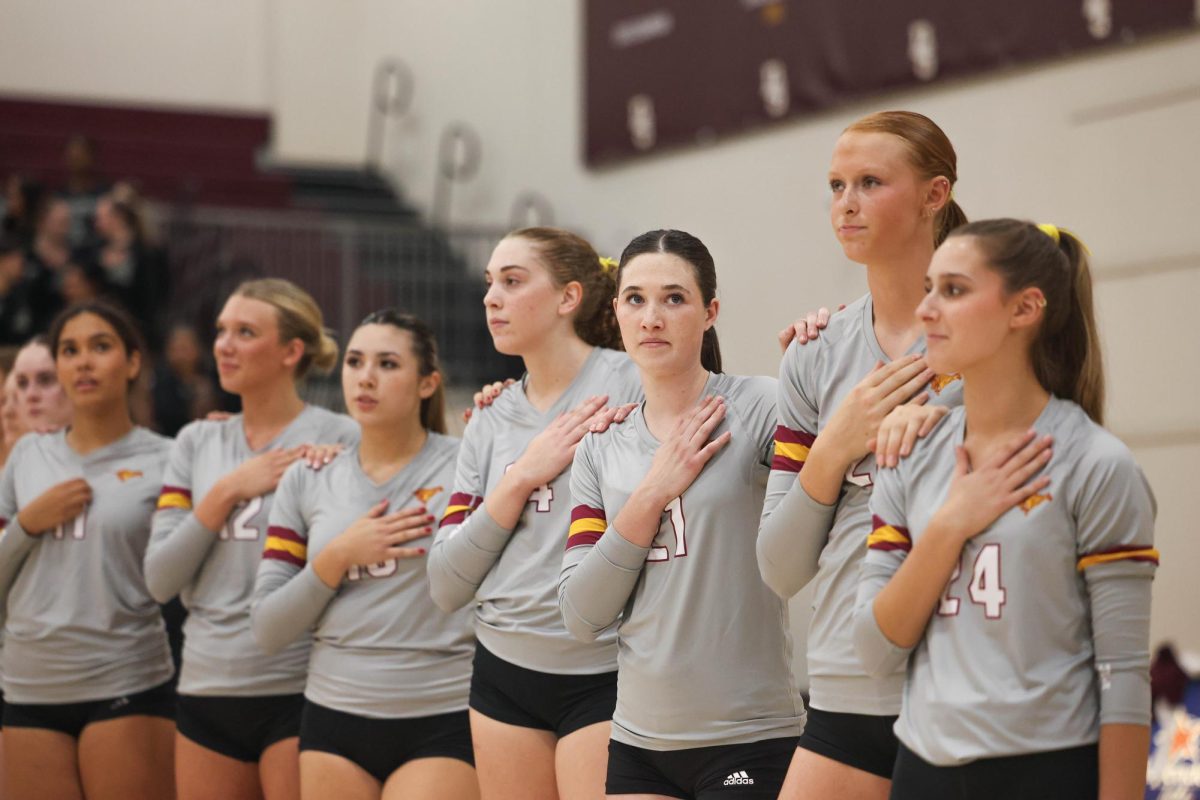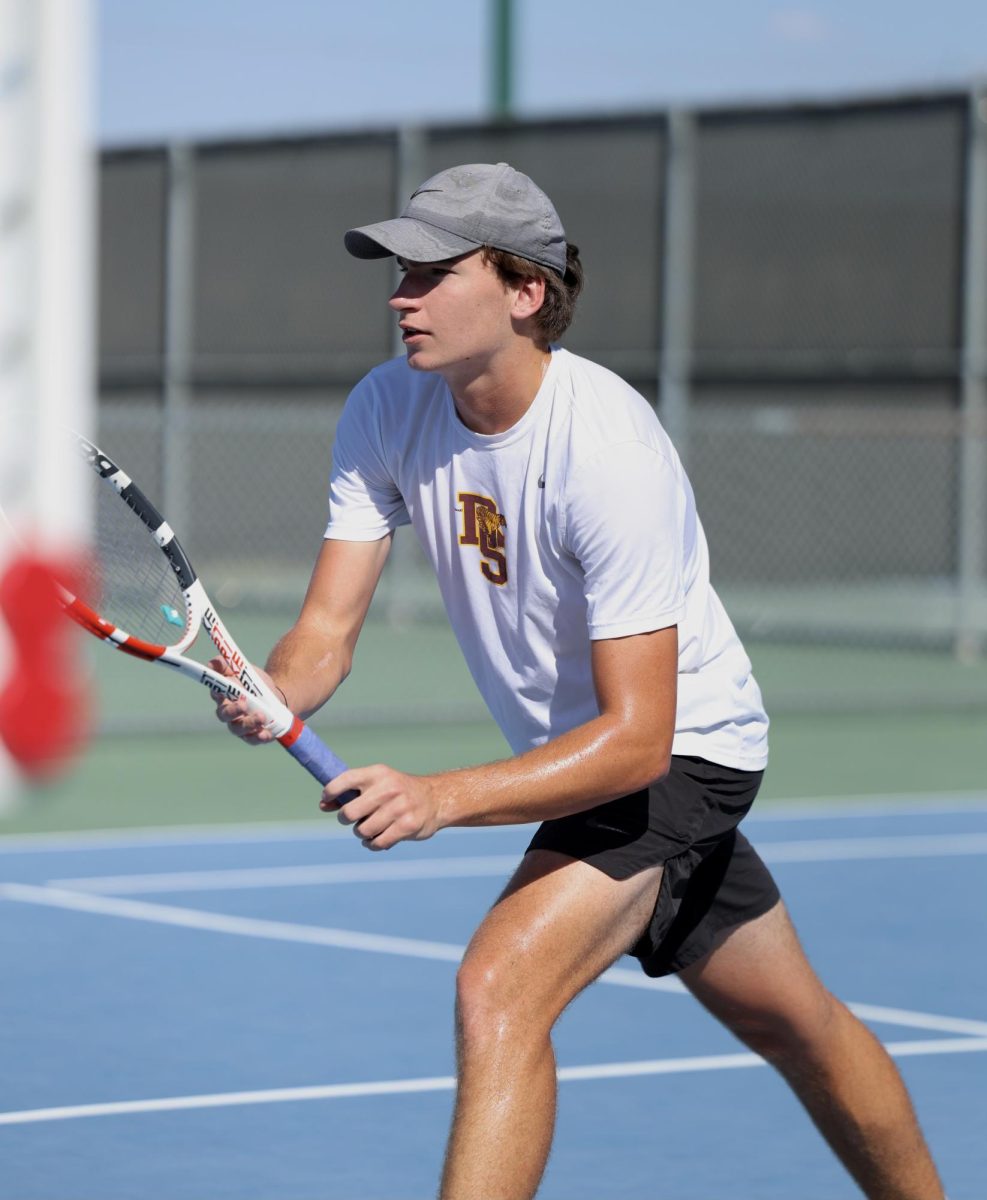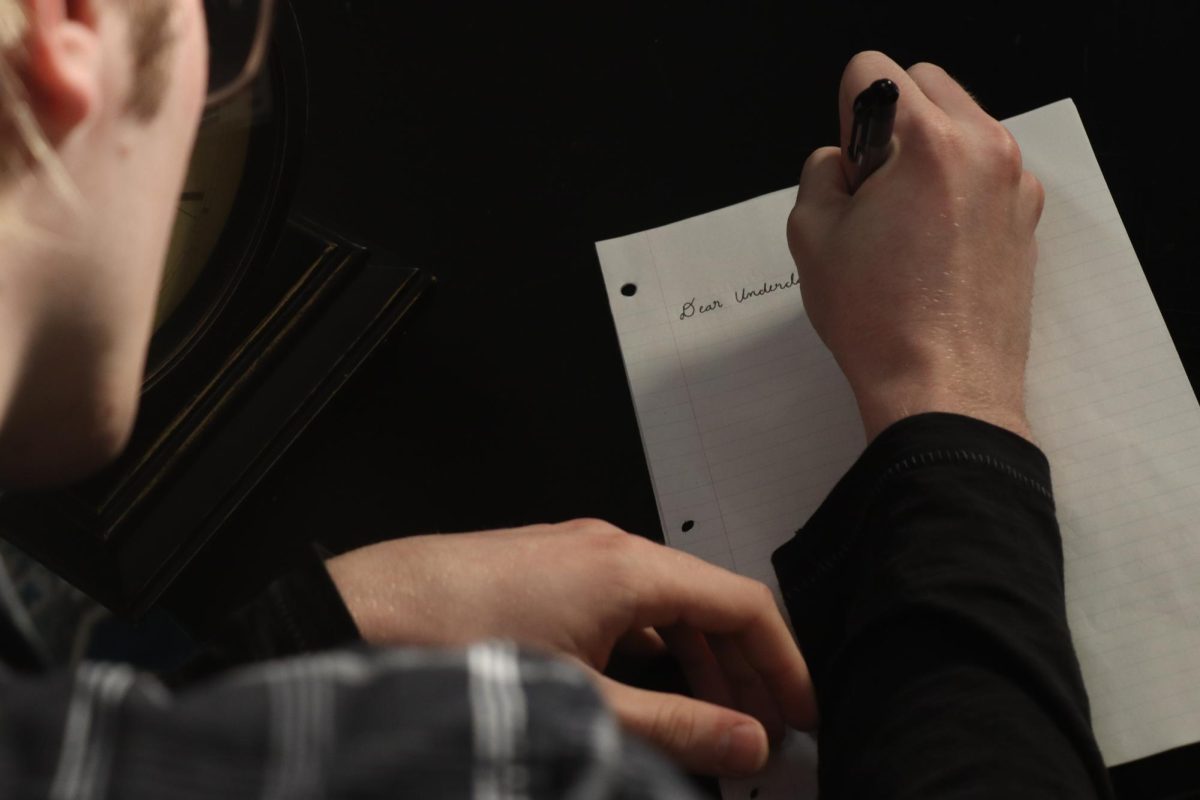The November fifth election will be the first opportunity for many seniors to cast their ballots for public office. Specifically, eligible students will have the opportunity to vote on the office of the president, making this a particularly significant and much-anticipated election. With this new generation of voters hitting the polls, the question is posed: How will students vote in the 2024 election?
Historically, there has been a significant issue in simply getting young people to the polls. Election turnout rates over the decades have shown voters aged 18 to 29 consistently trailing behind those aged 60 and up by about 30 percent. Recently, data from the Center for Information & Research on Civic Learning and Engagement (CIRCLE) revealed a concerning 33.41% decrease in the number of 18- and 19-year-olds registered to vote in Texas as of Sept. 3, 2024, compared to Election Day in 2020.
“Well, I think a lot of students, or young people, specifically, might be disillusioned or perhaps jaded, or maybe they feel like the options they have might not represent them,” Speech and Debate teacher Davy Holmes said. “They might think that voting is something that old people do, or they might just not care, or might not be interested in the issues. So I guess getting young people to think that their vote counts or that one individual person can make a difference might be an uphill battle…I also think we live in a state that’s not considered to be a swing state, so a lot of folks might think that the result in our state is kind of pre-determined, and that might be a de-motivating factor.”
Despite these challenges, there is still a notable sense of obligation among DSHS student voters to participate in the election process, especially as they begin to understand how their votes can impact key issues that resonate with their lives and futures.
“I think it is important to vote if you can because it’s your civic duty to guide the election in the way you see fit,” senior Sophie Gammill said.
In this election, many students are eager to address the topics at the forefront of their minds. Among these issues, one of the most pressing for many young female voters is the protection of reproductive rights.
“I feel very strongly on the security of women’s rights and abortion rights,” Gammill said. “I also value the protection of the LGBT, indigenous community and other marginalized groups that are currently under fire.”
The protection of equality and human rights across the globe has become a major concern for many young voters. Specifically, the ongoing Israeli-Palestinian conflict has brought out a strong desire in many young people for leaders who prioritize international peace.
“Dream candidate?” senior Levi Simmons said. “I’d like someone who doesn’t necessarily support ethnic cleansing or [the] genocide that’s happening in Gaza and the West Bank right now.”
While some students focus on international conflicts, others are more concerned with domestic issues, particularly those surrounding the safety and legality of complex cases of immigration and border security.
“The border situation is definitely on my mind,” senior Hunter Hudson said. “It’s kind of wild what’s going on, and the magnitude of people coming across our border. I mean, I am totally for immigration the right way, but people breaking the law and coming into our country, you know. And the tough thing is that regardless of how good that person may be, there’s a stereotype about them that they are crazy people or people that commit crimes, and right now [in] the media, all we see is that these people are crazy people and that they do commit crimes, so I feel like that is putting a bad look on people who are trying to immigrate in general.”
Another domestic issue, the future of the economy is one of the most central topics of this election. As the senior class prepares to enter adulthood, students are paying close attention to inflation, wages and the rising cost of living, all of which directly impact their personal futures.
“I’d say the biggest issue is just our economy,” Hudson said. “Right now, it’s not doing too well. Like it looks really good on the markets. I trade in the markets and I feel like right now it looks like the economy’s really booming. The S&P’s constantly rising, but, in reality, inflation’s high. People are making less money for every dollar they get [and] they can’t spend that money because the purchasing power of that money is less, and wages aren’t being increased. Future [issues are rising] with higher taxes and such, you know, it’s stressful for me, so I would say my big thing is the economy. Because going into being 18-year-olds, we’re all growing up into an economy that’s not doing well.”
Along with financial concerns, many students are focusing on the threat of climate change and the steps necessary to address global warming and ensure a stable planet for future generations.
“To me, climate change and public education matter most to me, because that is how we keep our society improving, by educating and ensuring the next generation has what they need to succeed,” senior Elliot Kling said. “My dream candidate, it’s only an ideal, but they would support limiting fossil fuel burnings, and just generally advocating for climate change as well as policy change in favor of supporting climate change.”
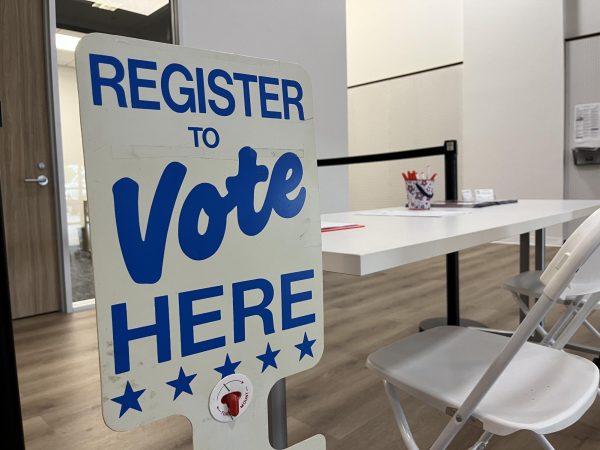
Many voters’ major concerns are not on specific issues, but rather the fitness of the candidates and their disposition to make an effort if elected president.
“Dream Candidate?” senior Sophia Rahmani said. “I’d say somebody who is willing to not just talk about changes, but make changes happen. I didn’t watch the presidential [debate], but what I’ve heard is a bunch of yelling at each other, and there wasn’t a clear point of action, so maybe just someone with ambitions that they want to get something done.”
While the president is often expected to address a wide range of major national concerns, many crucial issues are tackled at the local level, where smaller elections can have just as significant an impact as the presidential race.
“I think a lot of people focus on presidential elections just because it’s what’s covered in the news,” Holmes said. “But our day-to-day lives are more affected by things that happen in the local area, like what your local tax rates are going to be, [or] what kind of policies your local school board is going to try to put into effect. Those are things that affect peoples’ lives on a more daily basis.”
Alongside an over-reliance on presidential candidates to create sweeping change, a general mistrust in the government is prevalent among young people, making its way into their voting choices.
“Dream candidate?” senior Marshall Wyler said. “Probably someone who is not taking money from other people. That would be nice, although I don’t know if that’s possible. So I would say probably the main [issues are] corruption and a lack of transparency.”
A lot of political skepticism amongst young voters has emerged from the rapid growth of social media. Many young people now receive their news, sometimes exclusively, from users on these outlets, exposing them to a wider range of perspectives than ever previously available.
“I feel like [on] TikTok there’s a new audience of people that are interested in politics instead of just people who watch the news or people who already are voting,” senior Molly Blackmon said. “Now, younger generations are able to hear more about the candidates.”
While exposure to diverse perspectives online can broaden people’s understanding of political concepts, overexposure to online commentary often leads to “doomscrolling” through waves of cynicism and negativity. This can lead to further disallusionment with the political process and sometimes cause young people to reject voting entirely. Compounding this issue is the fact that not all information online is reliable, and social media algorithms reinforce confirmation bias, showing users more of what they already agree with and less of what they don’t.
“I feel I need to look into both candidates more before I vote to get a better understanding of their policies,” Gammill said. “I get most of my information from TikTok, but I find it gives me many different angles on one topic. I also watch the debates.”
Beyond social media, many students feel well-informed by drawing from a wide range of sources, including traditional news outlets and direct statements from candidates themselves.
“I do feel informed,” Hudson said. “I get [my information] from a multitude of sources, you know, I get it from Fox News, and CNN, ABC, and, like, Instagram reels, you know, you see a bunch of stuff about what’s going on. So, I feel pretty well informed, just based off, you know, one is a former president, and one is currently in office.”
However, some students feel that, despite the abundance of information, they remain in the dark due to candidates’ lack of transparency and tendency to shift their stances to appeal to voters.
“I would say [I do not feel informed] at all, just because [the candidates] are not transparent in most of the things that they do, and they tend to go back a lot on what they say,” Wyler said.
Many students also feel it’s essential for schools to play a role in educating seniors on political issues and civic responsibility, especially as they approach voting age.
“I think it’s the duty [of school’s] to educate students on different viewpoints besides what they’re being kind of mama-birded from their parents,” Simmons said. “You know, all this different information’s just regurgitated from one person to another. It’s pretty dangerous, and I think it’s the duty of the school system to try to educate kids to find their own answers on policies and politics.”
While young people hold a variety of priorities and perspectives, one thing is clear: DSHS seniors are embracing this new, first step into adulthood, engaging in one of the most fundamental aspects of our democracy—voting. Making their voices heard on issues which are certain to have a major impact on their futures, this new opportunity marks a chance for these young voters to establish their beliefs and values as active citizens of the United States. As the election approaches, it is this diversity of engaged and informed young voices that truly showcases the power and potential of the youth vote.
“It’s the time to start making the foundations of what you believe in,” Rahmani said. “Really experiment and get immersed into what you believe, as opposed to just what your parents say.”


